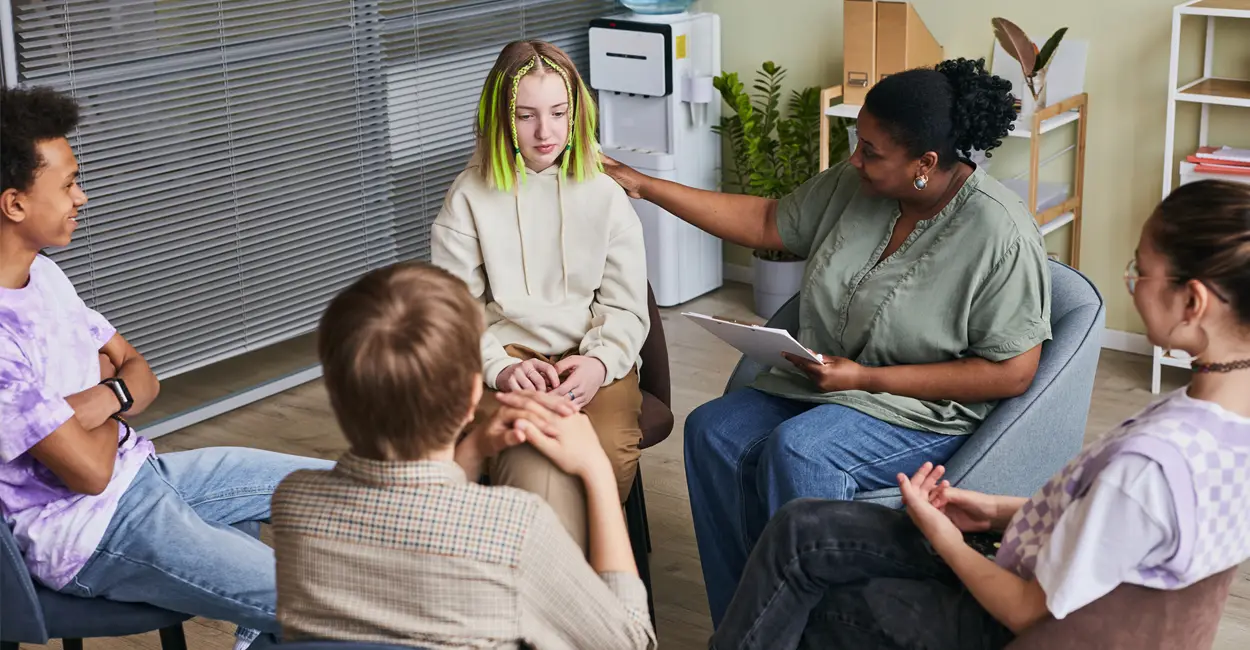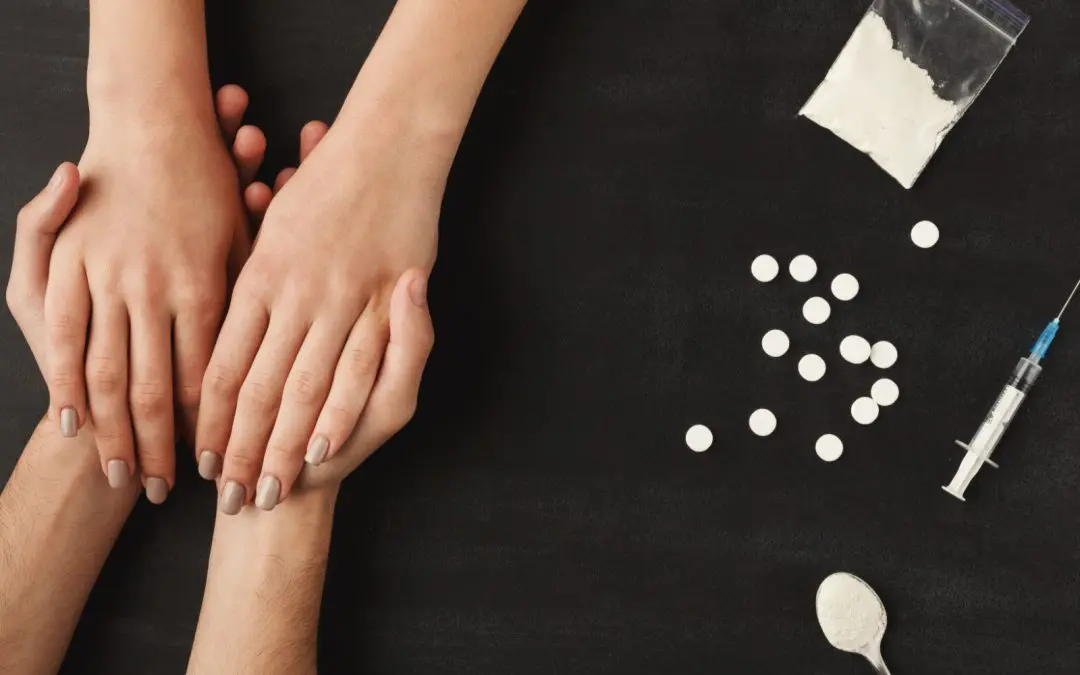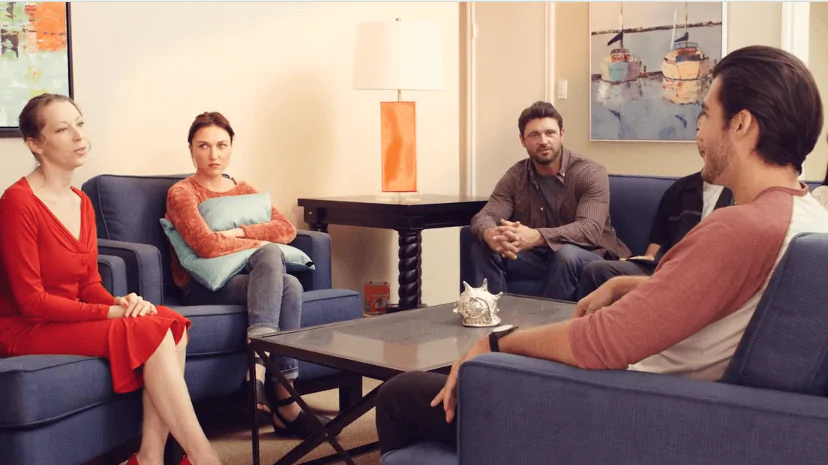24/7 Helpline:
(866) 899-221924/7 Helpline:
(866) 899-2219
Learn more about Residential Rehab centers in Bardstown
Residential Rehab in Other Cities

Other Insurance Options

Private insurance

Evernorth

United Health Care

Aetna

Premera

Holman Group

Magellan

Lucent

UMR

Optum

Horizon Healthcare Service

CareSource

Kaiser Permanente

WellCare Health Plans

Optima

ComPsych

Meritain

Access to Recovery (ATR) Voucher

Choice Care Network

Oxford

Communicare Outpatient
Communicare Outpatient is a private rehab located in Bardstown, Kentucky. Communicare Outpatient spe...

Communicare Clinic
Communicare Clinic is a private rehab located in Bardstown, Kentucky. Communicare Clinic specializes...

REACH Program
REACH Program is a private rehab located in Bardstown, Kentucky. REACH Program specializes in the tr...































































































































































































































































































